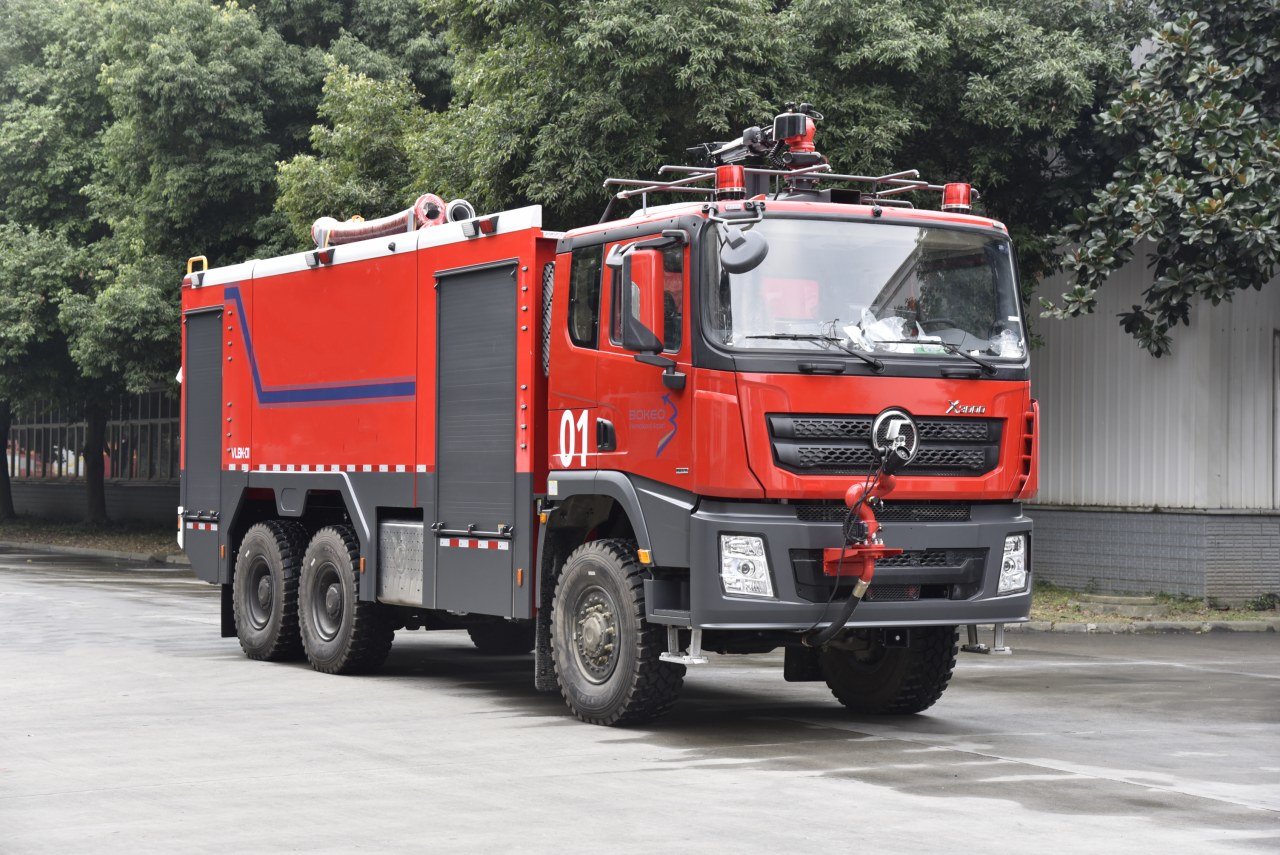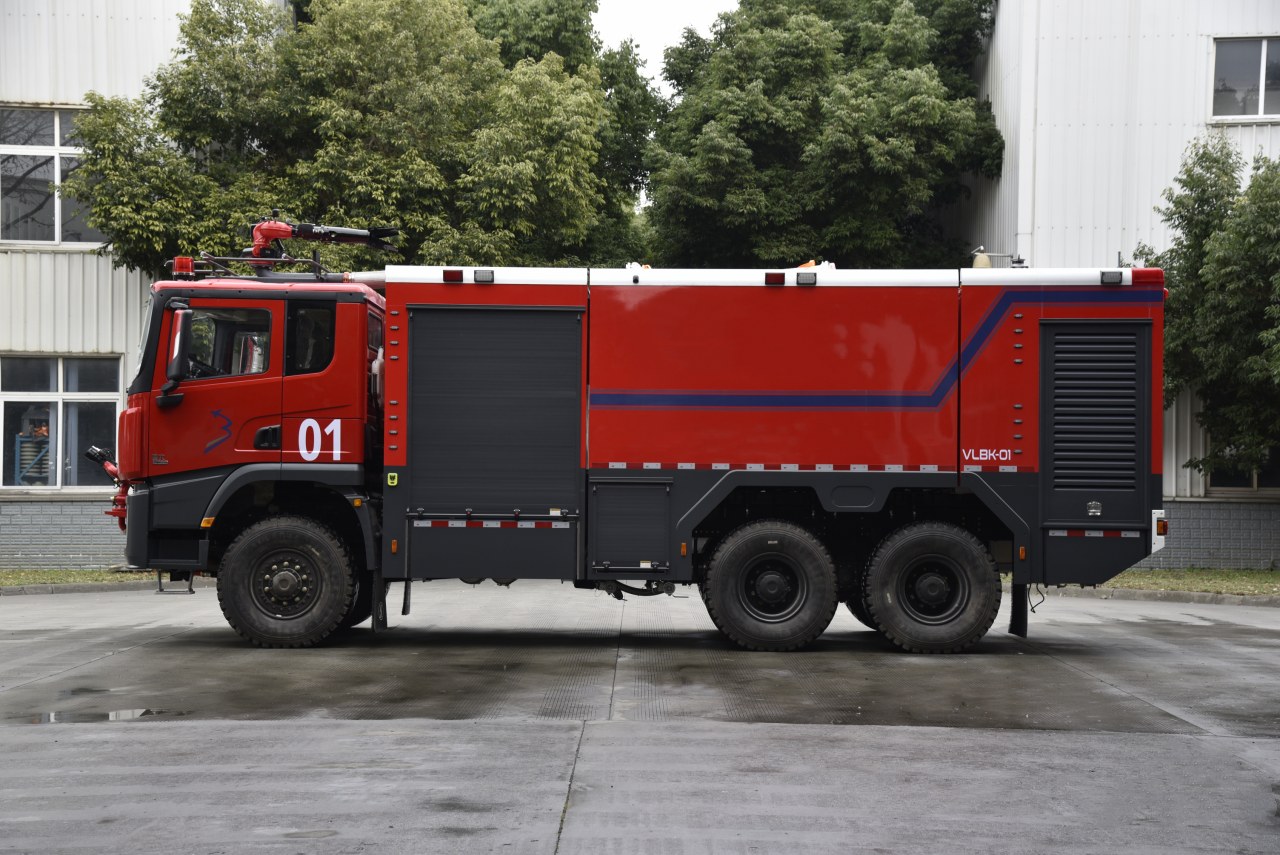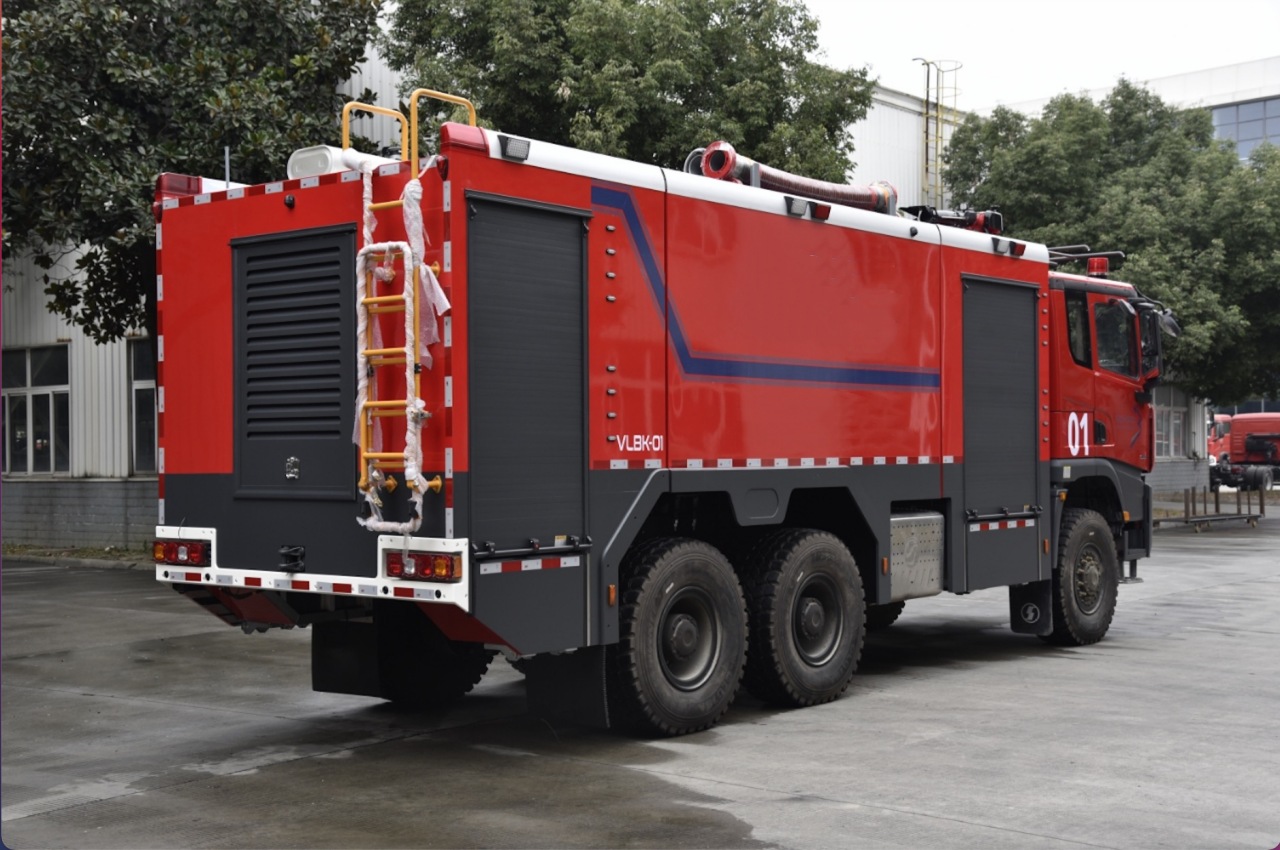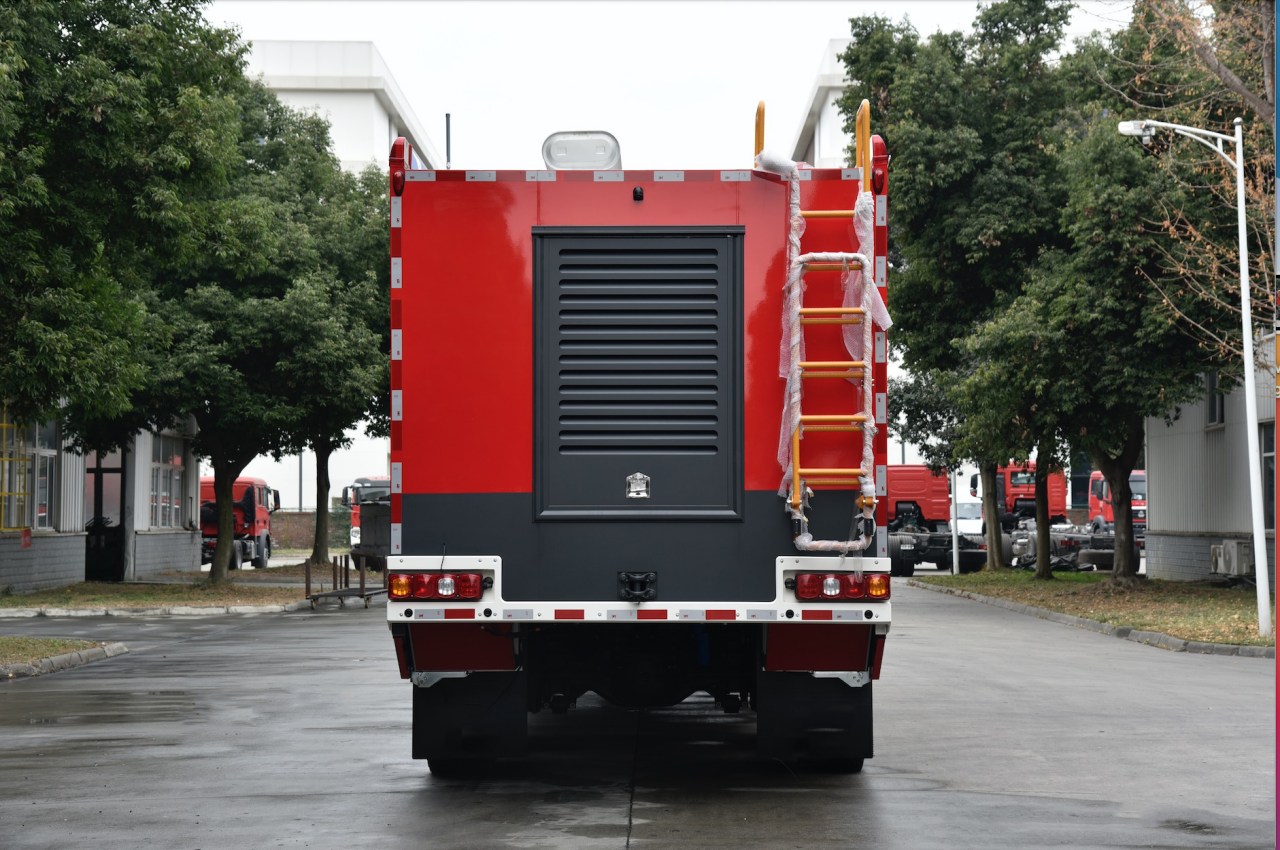An airport tender plays a crucial role in the efficient operation and maintenance of airports worldwide. From managing essential services to ensuring safety and compliance, airport tenders encompass a broad spectrum of responsibilities vital to the seamless functioning of aviation hubs. This article delves into the intricacies of airport tenders, exploring their roles, responsibilities, and significance in the aviation industry.
Introduction
Airports are dynamic environments where myriad activities converge to facilitate the movement of passengers, cargo, and aircraft. Behind the scenes, numerous operations and services are essential to keep airports operational 24/7. One such critical aspect is the management facilitated through airport tenders, which oversee diverse functions crucial to airport operations.

What is an Airport Tender?
An airport tender refers to the contractual process through which services essential for airport operations are awarded and managed. These services range from ground handling and maintenance to security, retail management, and various specialized services required for smooth airport functioning. Tenders are typically issued by airport authorities or managing bodies to solicit bids from qualified service providers capable of meeting stringent operational standards and regulatory requirements.
Roles and Responsibilities
- Ground Handling Services: Airport tenders often encompass ground handling services, including aircraft ramp handling, baggage handling, fueling, and catering. These services are crucial for ensuring efficient turnaround times between flights and maintaining passenger satisfaction.
- Maintenance and Facility Management: Another pivotal aspect of airport tenders is the management of airport facilities and infrastructure. This includes regular maintenance of runways, taxiways, terminals, and other critical areas to ensure compliance with safety standards and operational efficiency.
- Security and Safety: Airport tenders also extend to security services, encompassing passenger screening, baggage inspection, and overall terminal security management. Safety protocols, emergency response preparedness, and compliance with aviation security regulations are paramount in this domain.
- Retail and Commercial Management: Many airports generate significant revenue from retail and commercial activities. Tenders often include management contracts for duty-free shops, restaurants, lounges, and other retail outlets within airport premises.
- Environmental and Sustainability Initiatives: With growing awareness of environmental impact, airport tenders increasingly incorporate provisions for sustainable practices. This may involve waste management, energy-efficient operations, and initiatives to reduce the carbon footprint.

Procurement Process
The procurement process for airport tenders is rigorous and governed by strict guidelines to ensure transparency, fairness, and adherence to regulatory requirements. It typically involves several stages:
- Preparation and Publication: Airport authorities define the scope of services required and publish tender documents outlining technical specifications, service levels, and evaluation criteria.
- Bid Submission: Interested service providers submit detailed proposals addressing how they intend to meet the airport’s operational requirements, often accompanied by financial bids.
- Evaluation and Selection: A thorough evaluation process ensues, where proposals are reviewed based on technical merits, compliance with regulations, financial viability, and past performance. The selection criteria ensure that the chosen bidder is capable of delivering high-quality services consistently.
- Contract Award: Upon evaluation, the contract is awarded to the successful bidder, who then enters into a formal agreement with the airport authority outlining terms, conditions, and performance expectations.
Challenges and Considerations
Operating within airport environments presents unique challenges for tendered service providers:
- Operational Complexity: Airports operate under stringent regulatory frameworks and must adhere to aviation safety and security standards, posing operational challenges for service providers.
- Financial Viability: Competition in the aviation services market can be intense, requiring bidders to balance competitive pricing with sustainable service delivery models.
- Adaptability to Technological Advancements: Rapid technological advancements in aviation and airport management necessitate continuous adaptation and investment in cutting-edge solutions.

Conclusion
In conclusion, airport tenders are pivotal mechanisms that ensure the efficient and effective delivery of essential services within airports. From ground handling and security to retail management and sustainability initiatives, the scope of airport tenders is broad and multifaceted. By adhering to stringent procurement processes and operational standards, airport tenders play a crucial role in maintaining operational excellence, safety, and passenger satisfaction in the global aviation industry.
Future Outlook
Looking ahead, the evolution of airport tenders is likely to be influenced by technological innovation, sustainability imperatives, and evolving passenger expectations. As airports continue to expand and modernize, the role of tendered services will remain indispensable in shaping the future of airport operations worldwide.
References
- International Air Transport Association (IATA)
- Airport Council International (ACI)
- Civil Aviation Authority (CAA)
- Industry reports and publications from leading aviation and airport management organizations








